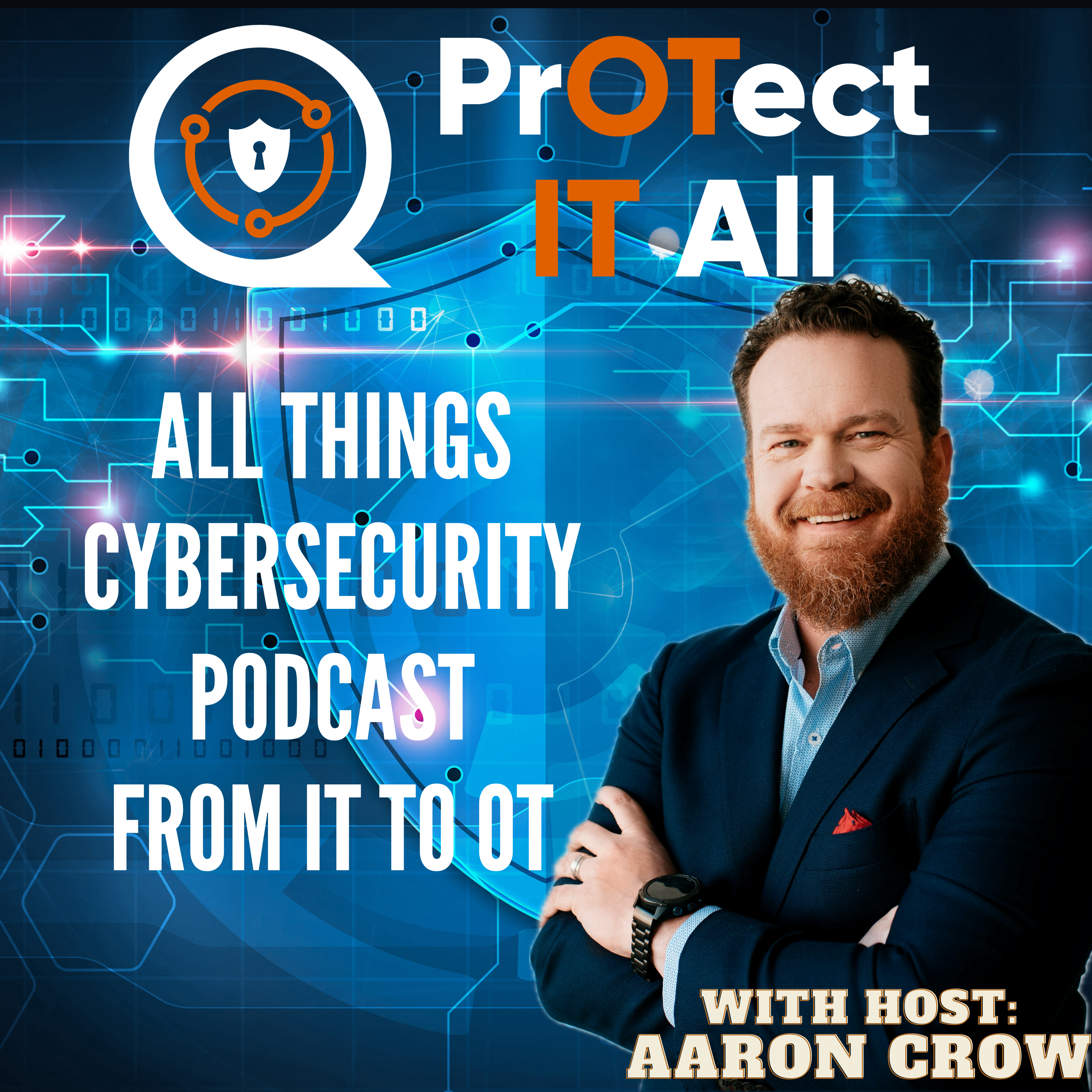The Future of AI: Determinism, Security, and Beyond
Description
Sevak Avakians, CEO of Intelligent Artifacts, discusses the limitations of neural networks and the need for a new approach to artificial intelligence. He introduces Gaius, a platform that replaces underlying neural networks with a transparent and explainable technology. Avakians highlights the challenges of regulating AI and emphasizes the importance of deterministic systems in critical industries. He also discusses the potential applications of AI in cybersecurity and the need for human involvement in AI decision-making. Looking ahead, Avakians is excited about the possibilities of AI but also acknowledges the concerns and risks associated with its implementation. The conversation explores the concerns and potential risks associated with autonomous aircraft and the use of AI and ML in safety-critical systems. Adversarial attacks are discussed as a potential threat, highlighting the need for robust safety regulations. The application of safety standards, such as the DO178C standard, to AI and ML technologies is proposed as a solution. On the positive side, AI is seen as a tool to enhance human capabilities and improve efficiency. The importance of training and wargaming exercises using AI is emphasized. The conversation concludes by discussing the balance between the risks and benefits of AI and providing information on how to learn more about AI.
About Sevak Avakians
As the founder and CEO of Intelligent Artifacts, Inc., Sevak Avakians has been leadingthe development and commercialization of a groundbreaking information processing andAI/ML/R framework, GAIuS, since 2008. GAIuS is a deterministic, fully explainable, anduse-case agnostic symbolic connectionist AI solution that can be applied to mission andsafety-critical domains, such as defense, aerospace, healthcare, and law enforcement.
With a background in physics, telecommunications, information theory, cybersecurity,and artificial intelligence, Sevak has a unique and comprehensive understanding of thechallenges and opportunities in the field of cognitive computing. He is passionate aboutcreating AI solutions that can act, interact, and adapt as information, goals, andrequirements evolve while providing full transparency and accountability for theirdecisions and actions. Sevak's vision is to empower developers, customers, and end-users with the ability to create, deploy, and maintain machine intelligence with ease,efficiency, and confidence.
In 2010, Sevak founded Intelligent Artifacts initially as an R&D and consulting service forcognitive computing. Over the years, he built the GAIuS Cognitive Computing Platformas a commercial product launched in 2016. GAIuS Cognitive Computing Platform, allowsdevelopers to rapidly create, test, deploy, and maintain machine intelligence, learning,classification, predictions, analytics, etc. into their products.
In 2020, the team at Intelligent Artifacts built a reasoning engine into GAIuS, creating thevery first modular, repeatable, use-case agnostic, complete, Artificial Intelligence /Machine Learning / Reasoning (AI/ML/R) platform that adheres to ExCITE AI principles.
GAIuS handles all the complexity of machine intelligence in 4 API calls. GAIuS agentscan be made and deployed in less than 3 minutes. Developers copy-and-paste a GAIuSagent’s API URL into their application. GAIuS agents have DNA and evolve within theirenvironment, eliminating many of the hurdles to achieving true machine intelligence.
More About The Episode
Hosted by: Aaron Crow
Guest: Sevak Avakians
More Episodes
In this episode, Aaron is joined by Paul Shaver, an experienced OT security consultant from Mandiant, part of Google Cloud. Together, they navigate the nuanced landscape of operational technology (OT) cybersecurity.
The episode begins with Aaron recalling a critical incident at a power plant...
Published 11/18/24
Published 11/18/24
In this episode, host Aaron Crow addresses the pressing issue of cybersecurity for small and medium-sized businesses. With their limited budgets and resources, these enterprises are often prime cyberattack targets.
Aaron explains why these businesses are particularly vulnerable, the potentially...
Published 11/11/24


